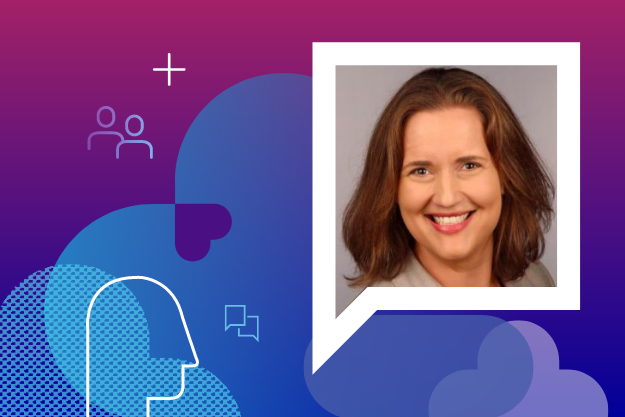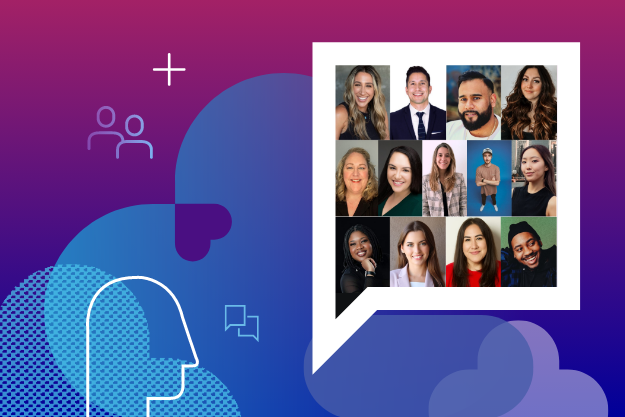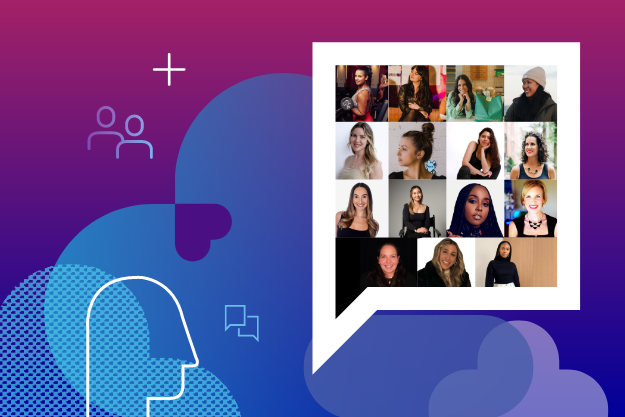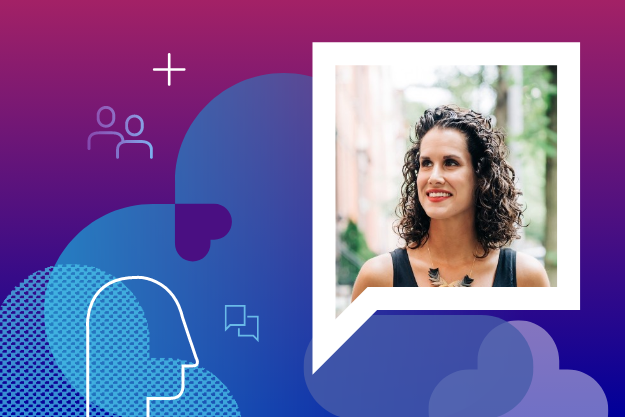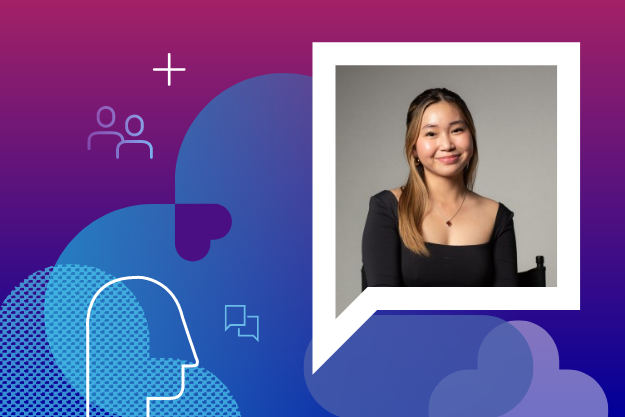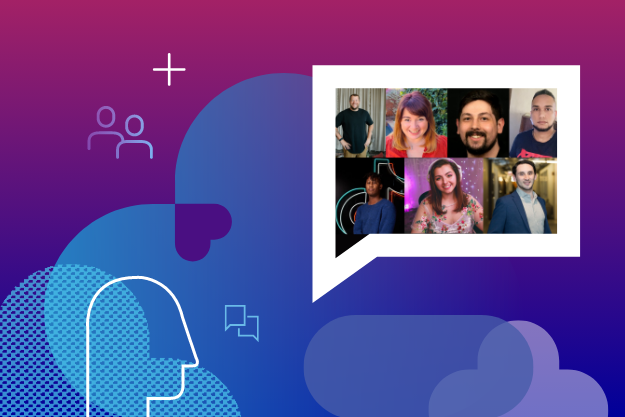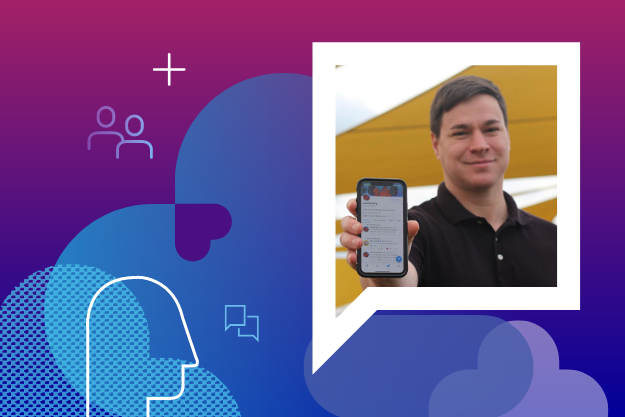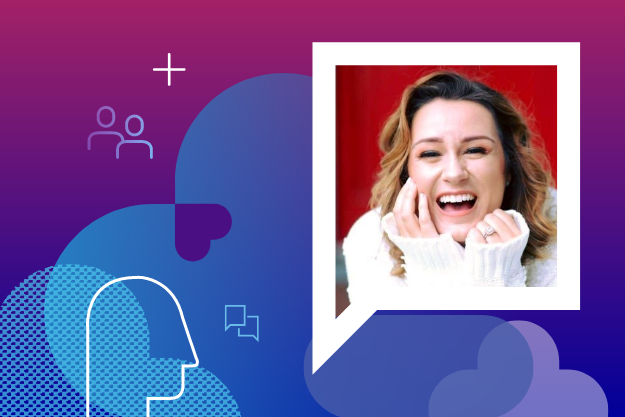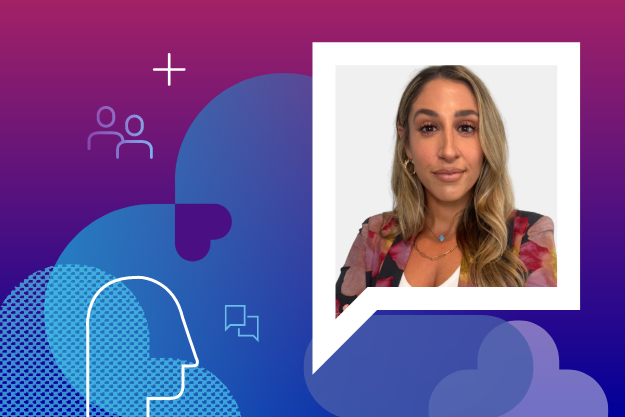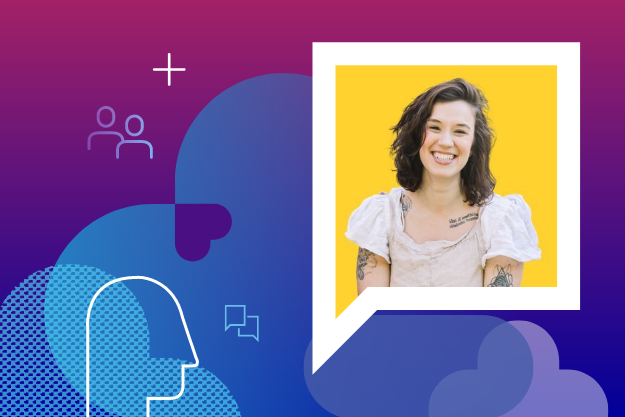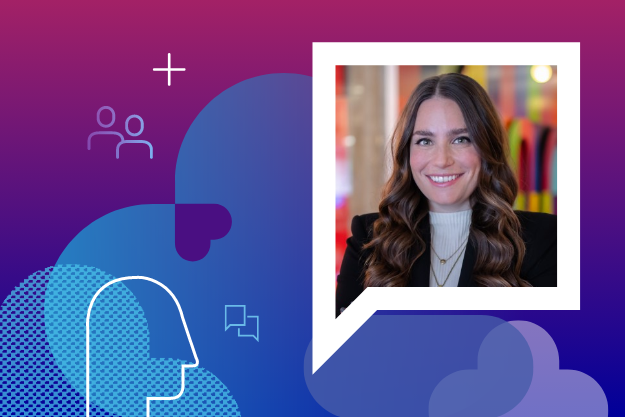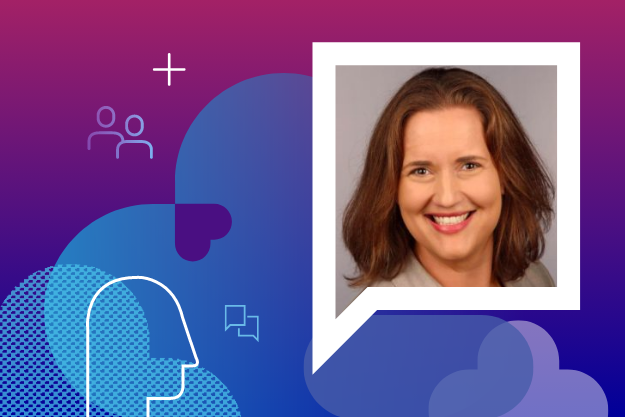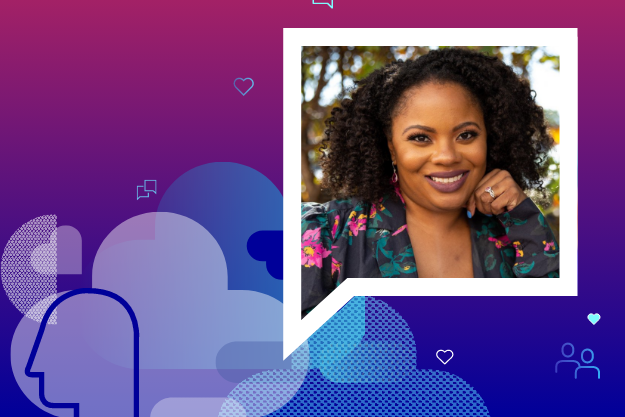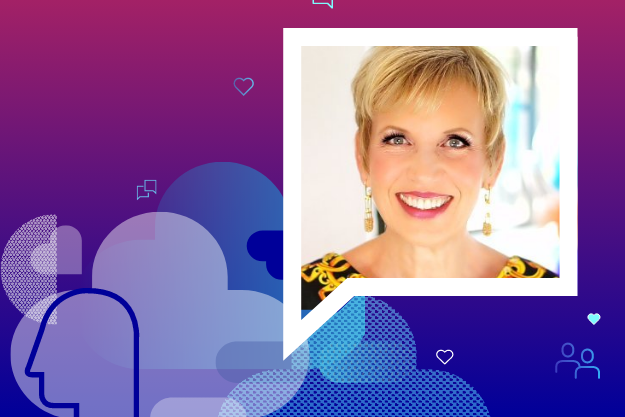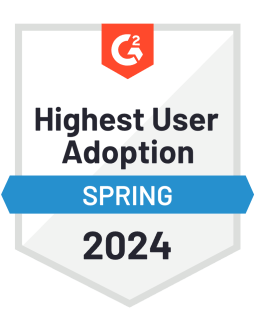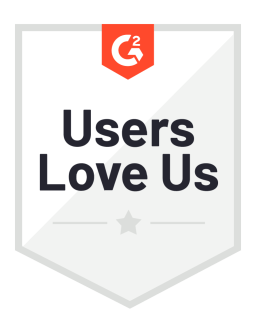As brands in every industry tackle new platforms and social media trends, bridging the gap between social media marketing and education is more important than ever. Karen Freberg is a Professor of Strategic Communications at the University of Louisville in Louisville, KY., and Director of The Bird's Nest, a student-led marketing agency. She is also a research consultant and has authored several books on public relations and social media education.
Emplifi chatted with Karen about the brands and creators she admires online, and how social media managers can keep up with the ever-changing landscape they face today. Check it out!
At Emplifi, we’re familiar with some of the teaching and consulting you do around social media, but would love to hear more about you. Can you tell me a bit about your background in the industry?
I got started online back in 1995, which my students think is the dark ages. That year, my parents decided to give me and my sister our own domain names on the internet. I was a track and field athlete in high school and college, using my own website and the early stages of a newsletter to tell my story and stand out from other student athletes. I was able to go to the University of Florida to compete, and finished my eligibility in grad school at the University of Southern California. That experience gave me a real-world view of personal branding, media management, and content creation — but I didn't really know that was a potential career at that point.
I then went to the University of Tennessee for my Ph.D., and that's where I kind of explored the research and teaching side of social media. That gave me the time to build up my career as an academic, get some practical experience in the field, and establish my career moving forward into the role I have now at the University of Louisville.
I've been at Louisville for 12 years now, and I love how dynamic social media is. It's always growing. I'm never bored, and I love being able to help students look at the strategic side of using these various platforms and opportunities to get jobs. We've worked with tons of cool brands over the years like Chipotle and Brown-Forman. I've also had students help out with content creation and social media work for the Kentucky Derby. I'm a big believer in real-world experience; I feel that's one way to really learn how to do social media and get that experience to be able to show to future employers and clients.
What are some of your favorite brands on social media across different platforms (like TikTok, Instagram, etc.), and why do you think they’re so successful?
I love bringing the industry into the classroom, because it's so cool to see so many brands experimenting and telling their stories on social media.
I'm a big fan of what Ryan Reynolds and his teams like Maximum Effort have done across the board. Yeah, he is absolutely killing it. I write about his work all the time in my textbooks, and he actually spoke to my class last spring. I really like what he does in terms of bringing in fresh perspectives and capturing the viral moment. He understands the culture of what social media is, what it isn't, and how to stand out. Props to Blake Lively and her team, as well, for Betty Buzz. They have a nice aesthetic visually, like on Instagram, and a mindful, consistent approach for tapping into their brand voice.
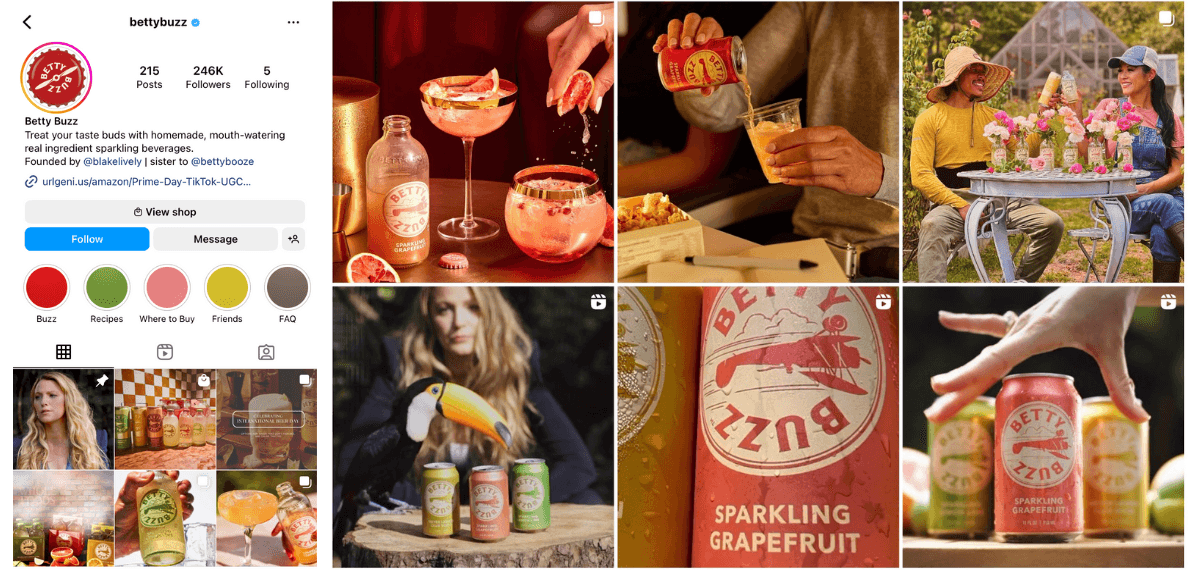
A local account I like — it's actually a creator account — is the McFarlands family on TikTok. They’re a family of content creators that share their dynamics, do various skits together, and overall feel very positive and uplifting. There are certain brands like Wendy’s that you hear about all the time, so I ask my students to see what lesser-known or local companies and individual creators are managing their brands effectively
@the.mcfarlands You asked for it... Here it is 📸 #blindinglightschallenge #blindinglights #happyathome ♬ Blinding Lights - GREG DAHL
I have a good friend — his name is Joey Wagner — who has his own agency, but everyone calls him Mr. Louisville because he does events and activities all over the city. He’s a great example, to show to students regarding how you can be professional on social media, but also make it personal.
Are there any specific tips that less-established brands or newer social media managers can take from these examples?
We talk a lot in the industry about being authentic and true to yourself. A lot of times you’ll see brands or creators try to be “unhinged,” or more snarky, like Wendy’s. That works for Wendy’s, and they’ve decided that’s their strategy, but that may not work for every other brand. I think social media managers need to think about the qualities they want to communicate and showcase on social media that reflect who they are as an organization.
Like with Betty Buzz, visual strategy is very important, so make sure that you're utilizing your brand colors consistently. We’re halfway through 2023, and I still see brand accounts that aren’t consistent with their colors and visual representation on social. Ryan Reynolds and his teams are great at harnessing a consistent brand voice through their content, like Aviation Gin’s witty tone. They also know when to jump on trends and when not to jump on trends, and when they do, it’s in a way that fits their brand identity. Don’t jump on trends just for the sake of it; look at how that trend might already fit with your brand’s values.
Great point. Many social media managers feel pressured to jump on every trend or meme that surfaces to “go viral.” What’s your take on this, and how can SMMs decide whether or not to join in on a trend?
I understand the pressure. I've had students who work in the industry, and they talk about senior management coming down to them saying, “we need to go viral.” Any brand can go viral for the wrong reasons and spark a crisis you might not have anticipated, so it’s important to ask yourself a few questions:
Will this trend inform our audience about our brand or products in some way?
Is there going to be something that is interesting, that's new in what we're doing?
Is this trend at all aligned with our brand identity?
Will people feel inspired or entertained by this content and want to share it with their own audiences?
I think there are ways in which you could go viral and be part of trends that make sense for your brand. But most importantly, social media managers need to be in a place where they’re able to talk internally with their teams and supervisors to get different perspectives, and to anticipate the reactions people may have if they do jump on a trend. While timing is everything for a lot of trends, internal discussions and social listening are also necessary.
What’s your best advice for social media managers navigating the endless platform changes we’re seeing today like Twitter’s rebrand and the launch of Threads?
My first response is to embrace the organized chaos. These platforms are always changing; we've seen so many changes this year, and we'll see new ones coming up. There are so many great resources out there to stay up to date and informed about what's going on, but it’s reassuring for me to accept that tools are going to change.
But at the end of the day, I think social media managers have to recognize that human behavior really doesn't change. People are still going to channels where they can connect with others who share their perspectives and interests, and find a community. They want to consume content, be entertained, and tell their stories through their own content. I think it’s important to be an active listener and student of the field to start understanding human behavior.
One exercise I do with my students is asking them to identify some innovators and early adopters who jump on the latest trends, and follow them through the semester. Then we’re able to see what strategies are successful and which fizzle out. Social media is basically digital gambling in many ways. If you want to be ahead of the curve, there’s risk involved. As a social media manager investing 100% into a viral trend, you could see huge benefits and your brand could gain tons of notoriety, or that trend could end up being overshadowed like Web3 and the metaverse have been by AI.
Any other insights you’d like to share with the social media marketing community?
We have such a wide range of professionals in our field working on so many projects, and I really love the different perspectives that come with that. I also think it’s important to bridge the gap between social media and teaching. There’s a huge community of professors who specialize in teaching social media, there are programs and degrees, and there’s just so much we can all learn from each other. There are always new communities, resources, and people to connect with to move forward and grow.
It’s a great industry that sometimes gets a bad rap with some of the craziness that happens on platforms, but I look at things positively. I look at the benefits of social and what it brings to the table in terms of friendships and the opportunities. Social media is not all bad. It’s full of glittering possibilities.
Connect with Karen on LinkedIn and Twitter, and check out her website to learn more!













